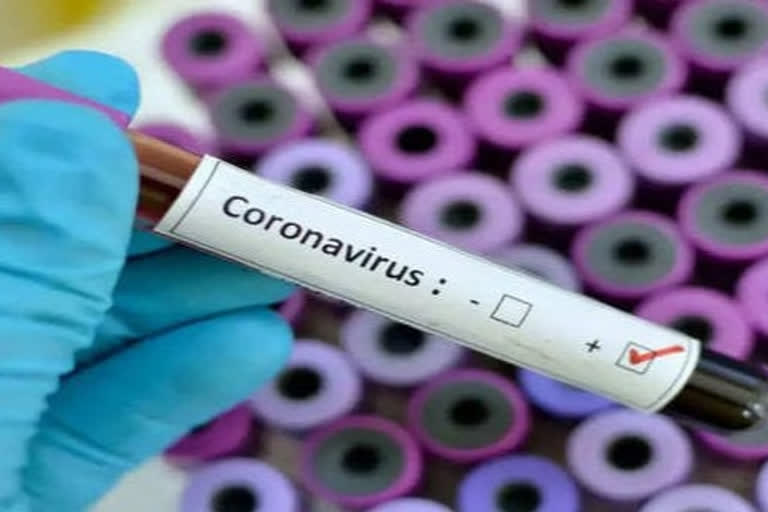Hyderabad: About 6 lakh people in Hyderabad may have been infected with Covid-19 in the last 35 days, revealed a joint study by the Hyderabad-based Centre for Cellular and Molecular Biology (CCMB) and the Indian Institute of Chemical Technology (IICT).
As the individuals who are infected by SARS-CoV-2 shed the virus not only through nasal and oral routes but also through faeces, the researchers used sewage/wastewater samples to estimate the spread of the infection.
The two premier research institutes published findings of their study from 10 Sewage Treatment Plants (STP) and a gated community in Hyderabad to look for SARS-CoV-2 RNA.
The SARS-CoV-2 in sewage samples is non-infectious, thus making sewage samples suitable for epidemiological studies. Estimating the spread is very important in identifying the affected areas, and controlling the pandemic, said the study.
"Since an infected person sheds viral material in faecal samples for up to 35 days, these studies will provide an overall estimate of the situation in a window of one month. Of the 1,800 million litres water used daily in Hyderabad, 40 per cent is processed at different sewage treatment plants (STPs)."
In a collaborative effort, the CCMB and the IICT harvested the sewage samples to estimate the number of potentially infected individuals in the city. Sewage samples from major STPs were processed for detecting the presence of SARS-CoV-2 viral RNA.
READ: Man held for fake info on Telangana CM's health
"This study, covering about 80 per cent of the STPs in Hyderabad, revealed that there are nearly 2 lakh people who are shedding viral materials. Since only 40 per cent of the Hyderabad sewage reaches STPs, this data can be used to extrapolate the overall number of potentially infected people, which turned out to be approximately 6 lakh, that is, around 6 per cent of the city's population, which includes symptomatic, asymptomatic, and also recently recovered individuals in a time window of about 35 days."
The estimate is much higher than the cases declared by the Telangana Health Department.
As of Wednesday, the state reported 95,700 positive cases. Hyderabad accounts for 50-60 per cent of these cases.
"Our finding clearly indicates that a large proportion of the affected individuals are asymptomatic and did not need hospitalisation. This is also in agreement with the observation that hospitalisation rush or mortality is way lower than otherwise expected with such large infection rates at a given time. It explains why our healthcare system has been able to handle reasonably well the situation during the pandemic," said CCMB Director, Dr Rakesh Mishra.
"Such studies if carried out in coordination with civic bodies to identify the hotspots in the city and monitor the dynamics of the infection rate can assist the system in taking necessary measures," he added.
IANS



